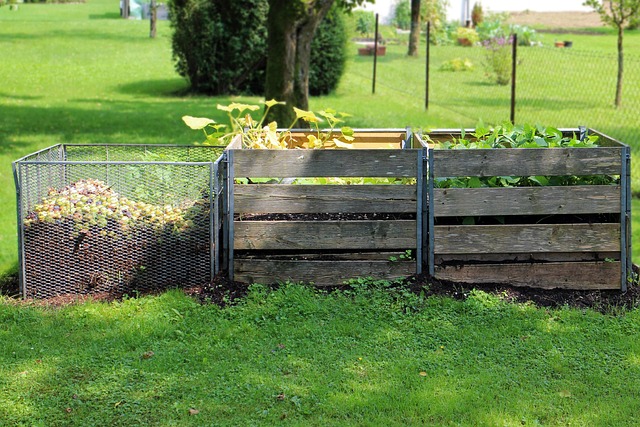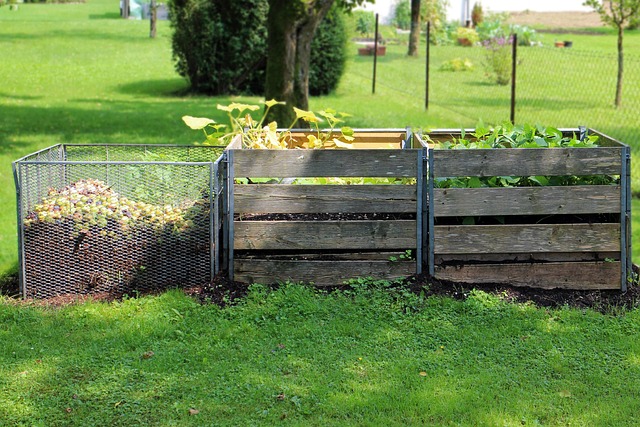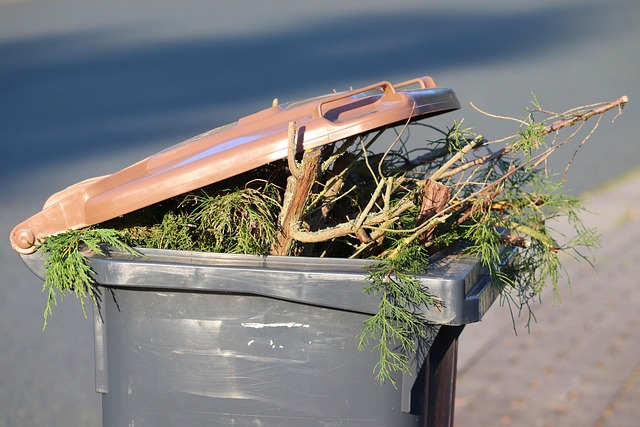As we delve deeper into the realm of sustainable living, the importance of eco-friendly practices in our gardens cannot be overstated. One significant practice that not only benefits our gardens but also contributes positively to the environment is composting. Understanding the compost guidelines can empower individuals to create nutrient-rich soil while reducing waste.
Composting is a natural process that transforms organic materials into a rich soil amendment, allowing us to close the loop on our waste. By utilizing kitchen scraps such as vegetable peels, coffee grounds, and eggshells, we can give life back to the earth. This method of recycling not only reduces the amount of waste sent to landfills but also nurtures a healthier ecosystem.
When starting your compost journey, adhering to some essential compost guidelines can facilitate the process. First, consider the balance of ‘greens’ and ‘browns’ in your compost. Greens provide nitrogen and include items like fresh grass clippings, vegetable scraps, and coffee grounds. Browns add carbon and consist of dried leaves, cardboard, and newspaper. A mix of roughly two parts browns to one part greens creates an ideal environment for decomposition.
Additionally, it is vital to maintain proper aeration in your compost pile. Turning your compost regularly not only helps to circulate air but also speeds up the decomposition process. This simple action not only promotes healthy microorganisms but also ensures that your compost does not develop unpleasant odors, making it a more enjoyable process. Remember, a healthy compost pile should smell earthy, not foul.
Moisture levels also play a crucial role in achieving the perfect compost. Strive to keep your pile as damp as a wrung-out sponge. If your compost seems too dry, add water or more green materials, while too much moisture can be rectified by adding dry materials like leaves or straw. Finding this balance is essential in creating nutrient-rich compost that will rejuvenate your garden soil.
As you embrace this green gardening practice, consider the diverse types of compost you can create. From backyard piles to vermicomposting with worms, the options are vast. Each method has its unique benefits and can cater to various garden sizes and lifestyles, making it accessible for everyone eager to join the eco-friendly movement.
Moreover, sharing your compost with neighbors or friends can forge connections within the community. Composting fosters a sense of belonging to something larger than ourselves—a commitment to the planet and our shared future. Engaging in this process invites nature into our lives, encouraging us to observe and appreciate the cycles of life in our own backyards.
Incorporating compost guidelines into your gardening routine not only enhances the vitality of your plants but also plays a fundamental role in restoring health to our environment. As we shift towards a more sustainable way of living, each of us has the power to make a tangible difference, starting right at home. Embrace the beauty of composting and witness the transformation it brings not just to your garden, but to the broader ecological landscape!



